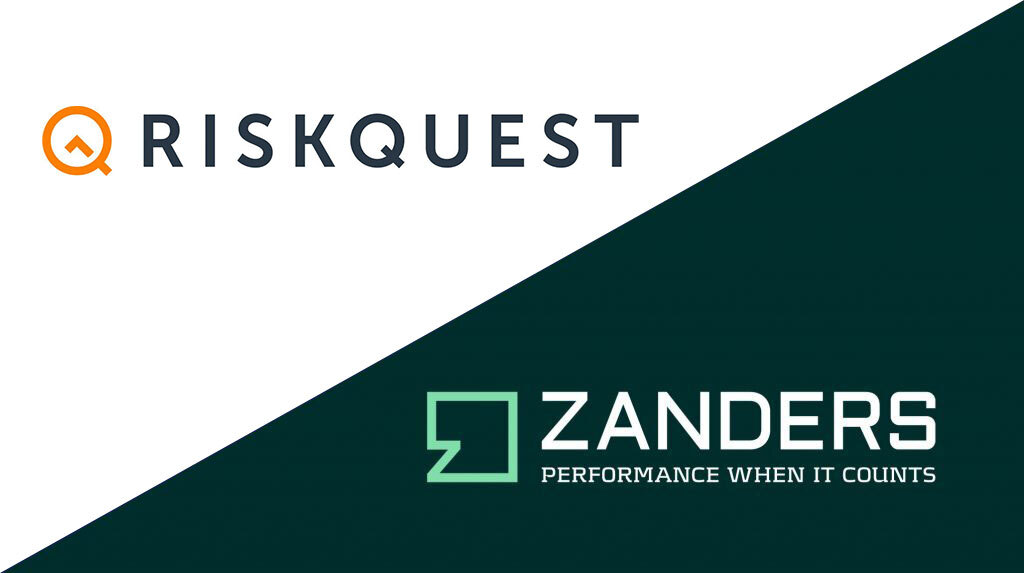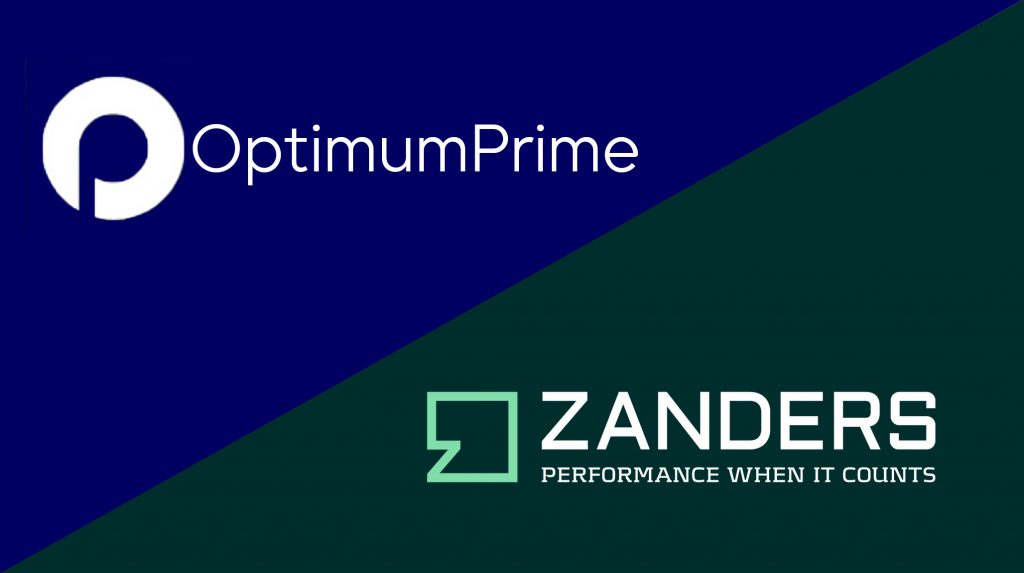Expertise
Risk

By deploying best in class minds, models and technology, we help you see unseen risks and capture hidden opportunity.

Expertise



In a continued effort to ensure we offer our customers the very best in knowledge and skills, Zanders has acquired Fintegral.

In a continued effort to ensure we offer our customers the very best in knowledge and skills, Zanders has acquired RiskQuest.

In a continued effort to ensure we offer our customers the very best in knowledge and skills, Zanders has acquired Optimum Prime.
You need to load content from reCAPTCHA to submit the form. Please note that doing so will share data with third-party providers.
More Information